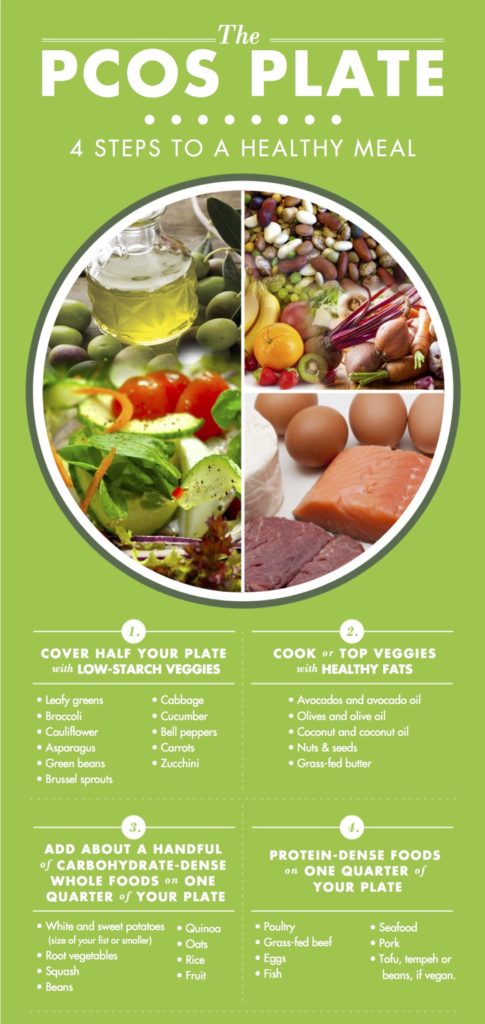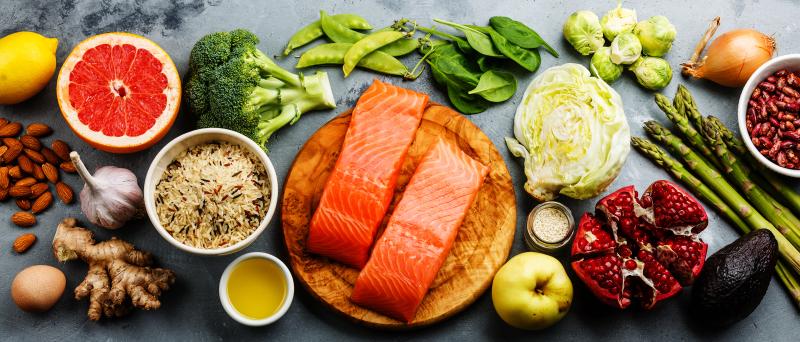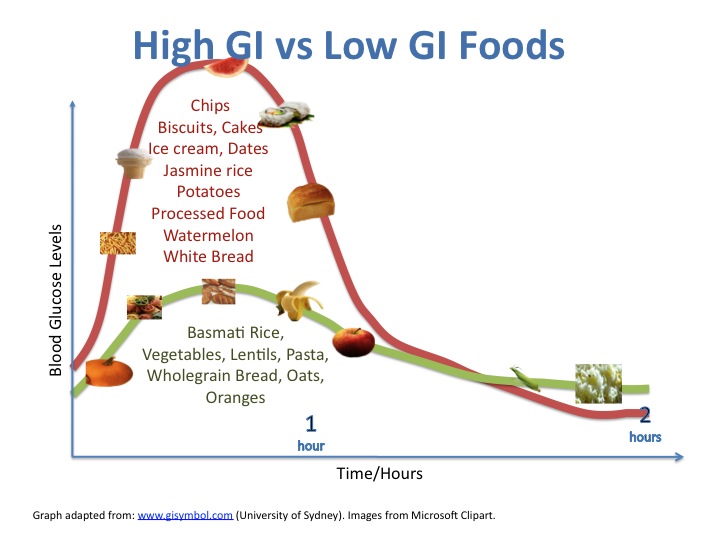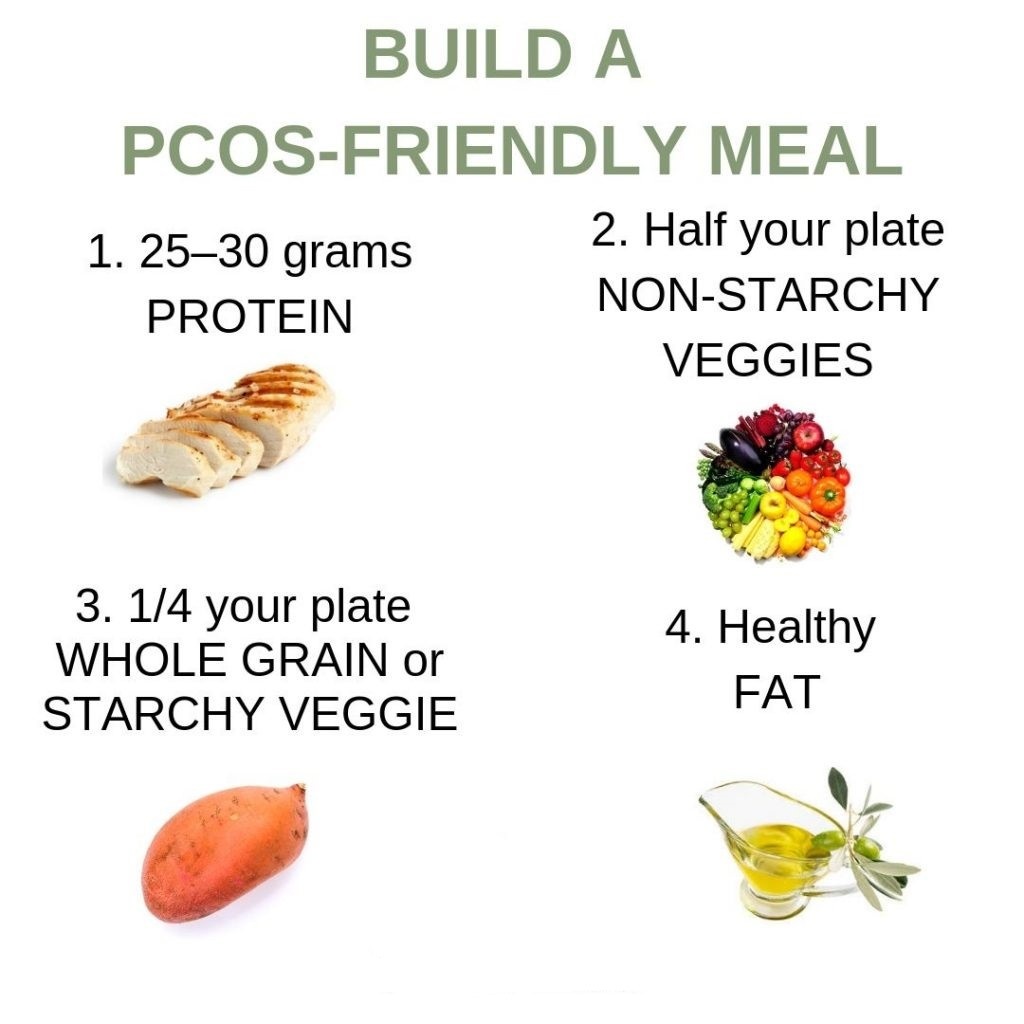
PCOS nutrition as well as an increase in physical activity can improve the symptoms of Polycystic Ovarian Syndrome drastically…
Polycystic ovarian syndrome is a common women’s health problem caused by an imbalance of reproductive hormones. Between 5% and 10% of women of child-bearing age (between 15 and 44) have PCOS. Most women find out they have PCOS in their 20s and 30s, when they have problems getting pregnant and see their doctor. However, PCOS can happen at any age after puberty. Women of all races and ethnicities are at risk of PCOS. Your risk of PCOS may be higher if you have obesity or if you have a mother, sister, or aunt with PCOS.
Symptoms of PCOS can include irregular periods, difficulty getting pregnant, excessive hair growth, weight gain, hair loss, acne and darkening of the skin in certain areas. Although it’s one of the main causes of infertility, PCOS can be treated. In women with PCOS, the hormonal imbalance interferes with the growth and release of eggs from the ovaries (ovulation). If you don’t ovulate, you can’t get pregnant. Your doctor can talk with you about ways to help you ovulate and to raise your chance of getting pregnant.
Unfortunately, PCOS is also associated with long term health concerns including heart disease and diabetes especially if you have high levels of fats in the blood, high blood pressure or if you are overweight. PCOS is also associated with sleep apnoea, depression and anxiety. PCOS is associated with increased risk of developing type 2 diabetes and high cholesterol levels later in life. This is because women who have PCOS have higher insulin blood levels than normal. Many women with PCOS have insulin resistance, especially those who are overweight or obese, have unhealthy eating habits, do not get enough physical activity, and have a family history of diabetes (usually type 2 diabetes). Over time, insulin resistance can lead to type 2 diabetes.

Making healthier PCOS nutrition choices and increasing physical activity can improve symptoms of PCOS drastically. Even 5 to 10% weight loss in an overweight or obese person can make a big difference. It is important to eat lots of fruit and vegetables and cut out as much as possible any fatty and sugary food and drinks that you consume (desserts, soft drinks and juices and fried foods).

A low GI (glycaemic index) diet is usually suggested for PCOS. The glycemic index is a value assigned to foods based on how slowly or how quickly those foods cause increases in blood glucose levels. Foods low on the glycemic index scale tend to release glucose slowly and steadily. Foods high on the glycemic index release glucose rapidly. Low GI foods tend to foster weight loss. Food with a low glycemic index increase your blood sugar at a slower rate than high GI foods, therefore they keep you full for longer, help you not to snack on high fat/sugary food, and avoid the highs and lows in energy associated with unhealthy food. Low GI food include whole grains for example: oats, bran, brown pasta, brown rice, brown bread and quinoa; beans, fruit and veg, nuts and legumes. It’ also important to increase exercise and have regular meals.

Your plate should include vegetables, protein and whole grains as well as some healthy fats which include avocado, fatty fish (ex: salmon), some olive oil and nuts and seeds. Try not to eat carbohydrates on their own but try to include them in a healthy, balanced meal. Balance is key in a PCOS diet, with lots of fresh food and maintaining a good portion size.

If you have any questions regarding what a specific PCOS nutrition diet can do to help with PCOS, ask your doctor to refer you to a dietitian, or contact one yourself.
Here’s a reader’s personal experience of being diagnosed with PCOS at just 14 years.

Ariana Zarb is a Registered Dietitian, having completed a BSc. (Hons.) in Applied Food and Nutritional Sciences as well as a Postgraduate Diploma in Dietetics. She is currently reading for an MSc in the Professional Practice of Dietetics.
Click here to check out Ariana’s full bio as well as a list of all her Wham published articles





